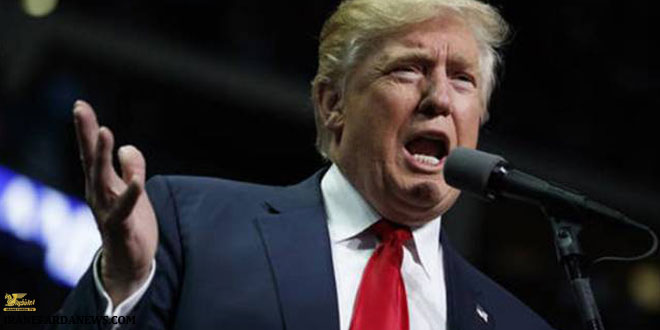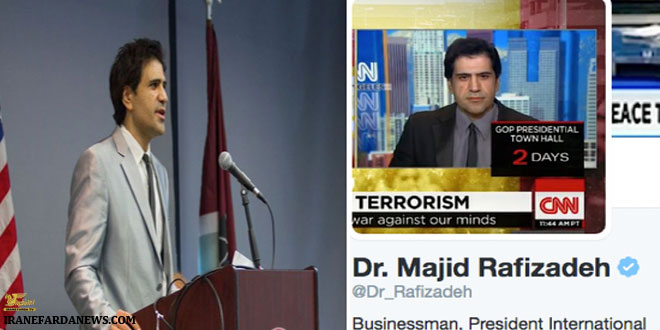
By nasser karimi, associated press
Iran’s two top leaders — its president and the country’s supreme leader — both sought Wednesday to calm concerns in Iran over the future of Tehran’s nuclear deal with world powers in the wake of Donald Trump’s election for U.S. president
President Hassan Rouhani said the country will remain committed and loyal to the deal, regardless of the outcome of the U.S. election.
Supreme Leader Ayatollah Ali Khamenei said Iran was indifferent to the result of the U.S. vote, insisting the Iranian nation was “not worried” about the future and was ready for any fallout from the U.S. election.
Trump’s much publicized criticism of the nuclear deal and his campaign vows to renegotiate the terms and increase enforcement of the deal that put off the threat of Tehran developing atomic weapons has sent jitters across Iran.
“If a president is changed here and there, it has no impact on the will of Iran,” Rouhani said in a speech broadcast live on state TV from the city of Karaj, where he was visiting. “Based on the deal, we implement our commitment.”
Without mentioning Trump by name, Rouhani said that “the world is not under the will of a single individual and party. The reality of the world will impose many things on extremists.”
“Nobody should imagine it is possible to play with Iran,” he added.
The deal, which went into effect in January, forced Iran to pull back from the brink of nuclear weapons capacity in exchange for an end to many of the U.S. and European sanctions that crippled Iran’s economy.
Iran has denied that the sanctions affected its economy in any way.
It has been largely respected despite undiminished U.S.-Iranian tensions throughout the Middle East, including their support for rival sides in Syria and Yemen’s civil wars.
Trump’s exact plans on the nuclear deal are vague but any renegotiation would be difficult — Iran has no incentive to reopen talks over a deal it is satisfied with. And none of the other countries in the seven-nation accord has expressed interest in picking apart an understanding that took more than a decade of stop-and-go diplomacy and almost two full years of negotiations to complete.
Iran’s supreme leader, who has final say on all state matters in Iran, said in remarks on state TV that Iran was indifferent to Trump’s election victory.
“We neither mourn nor cheer because it makes no difference to us. We do not have any judgment on the election,” Khamenei said. “We are also not worried. And we are ready for any possible incident.”
“The Unites States is the same country and over the past 37 years any of the U.S. major parties that came to power brought us no good, while their evil was always directed toward the Iranian nation,” Khamenei added.
Iran and the U.S. have had no diplomatic relations since 1979, when militant students stormed the U.S. Embassy in Tehran, took 52 Americans hostage and held them for 444 days after Washington refused to hand over Iran’s toppled shah, Mohammad Reza Pahlavi, for trial in Iran.
 khalijefars News, Blogs, Art and Community
khalijefars News, Blogs, Art and Community








